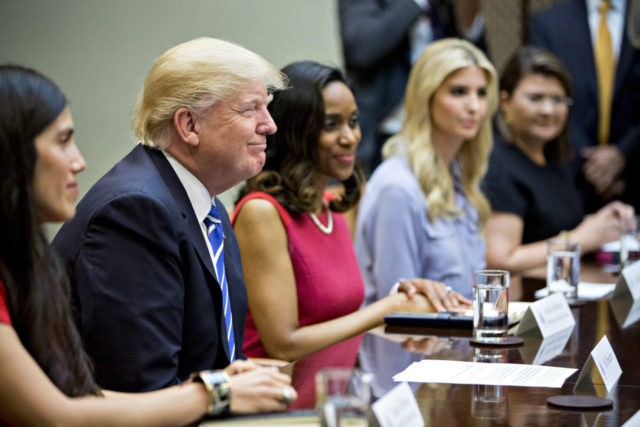Optimism among America’s small business owners cooled by more than expected in March.
After hitting near 45-year highs in February, optimism measured by the National Federation of Independent Business index was expected to fall from 107.6 to 107. The index fell by 2.9 points to 104.7, according to the NFIB. That is the lowest reading since October but still in the top 5 percent of survey readings.
The index was driven lower by declines in expectations the economy will improve, which were down 11 points to a still high by historical standards 32 percent. As well, there was a decline in expectations for higher sales.
Eight of the index’s ten components declined from the very high levels seen in February. Even with the declines, however, many of the components remain near all-time highs. The measure of earnings trends, for example, declined by one point but is still were the second best since 1987, according to the NFIB.
The employment components of the index registered gains, reversing February’s weakness. A net 20 percent of small business owners say they are planning to create jobs, up to points from February.
Tax cuts are still having a positive effect on business optimism. For the first time in 35 years, the fewest number of small business owners have said that taxes are their number one problem.
“It has been a remarkable 16 months for small business optimism,” NFIB President and CEO Juanita Duggan said.
The lower than expected level of small business optimism is the second major economic indicator that showed a slowdown in March after very strong numbers for January and February.

COMMENTS
Please let us know if you're having issues with commenting.